Pondering and questioning our existence is part of the human experience. We can't make sense of a lot of the strange occurrences that happen to us. Thank God we have art or in this specific case, cinema, to help us through it. We may not get all the answers from the films on this list. But we can find comfort in knowing other people have the same questions we do about life.
Movies that make us rethink our realities appear in all different types of genres. We see them in a lot of science fiction, but we also see these themes show up in great dramas and blockbuster action films. They're a journey down the wormhole of life's mysteries, then the credits roll, and we find ourselves sitting there dwelling on what we just witnessed and felt. Here are ten films that do just that.
The Truman Show (1998)
The Truman Showcaptures a feeling that a lot of us have had passing thoughts about. It's strange to think about it, but what if our lives were someone's entertainment? What if you were in a movie or a television show? The cameras have always been there; you just haven't seen them. What if the ones we love have been actors all along? All of this happens to be the life of Truman Burbank (Jim Carrey). Since birth, Truman has had hidden cameras watching his every move for the world's entertainment.
And when he learns of the holes in the plot line of his life, he decides to take action and exploit them. The outlandish and even somewhat comical plot line of the film has very emotional consequences. The film is a work of art, and it was the first time we saw Jim Carrey's range as an actor. Funny enough, years after The Truman Show, there would be a boom in reality television where every day people would live out unscripted scenarios of their everyday lives.
Vanilla Sky (2001)
Don't try to analyze Vanilla Sky until you have seen it multiple times. Tom Cruise stars in the film as David Aames, a publishing tycoon who inherited the empire and has all of life's riches to go with it. He has a friend-with-benefits situation with Julianna (Cameron Diaz), but then he goes to a party where he meets Sofia (Penélope Cruz), and the results of these romances intersecting cause a tragedy. But then the film takes you in a different direction that turns reality on its head. There are multiple different answers to what you see and take away from Vanilla Sky. Just like films like Memento, Mulholland Drive, and other thrillers of the early aughts, you, the audience member, have a lot of thinking to do.
The film is a reunion of Cameron Crowe and Tom Cruise, ever since their success with Jerry Maguire. And also features the cool movie moment of Cruise running through an empty Times Square in New York City. Which is all real, with no CGI. The production got a few hours of shooting on a Sunday morning to shoot there. Just out of frame on the side streets are NYPD police barricades.
American Beauty (1999)
There's nothing like a good ol-fashioned midlife crisis. American Beauty was the best picture winner at the Oscars that year, and there were a slew of other major wins that night as well for the film. Kevin Spacey plays Lester Burnham, a typical-looking suburban husband and father who becomes disillusioned and questions his overall existence.
As he begins to shift his attention and desires in a different direction, his wife and daughter hate him for it, yet they seem to evolve into something else as well. American Beauty is an American Tragedy. One of the best written films of the last 25 years and a testament to the idea that hiding behind fresh-cut grass and white picket fences, you'll still find existential crises.
Cloud Atlas (2012)
A three-hour-long box office dud when it was released in October 2012. But ask anyone who did see it in theaters; there isn't a bad frame in the film. Cloud Atlas is destined to be a cult classic at some point in the future. Based on the novel of the same name, Cloud Atlas tells six interconnected tales that all take place in different time periods. From a slave ship in the Pacific, to a dystopian future on an island, it all finds some sort of connection. The book by David Mitchell tells these stories in chapters.
But the Wachowskis' direction of the film has it move in an intertwining manner that never lets up. The overarching message to Cloud Atlas is that everything is connected. A standout line of it are the words from Susan Sarandon: "Our lives are not our own. We are bound to others, past and present, and by each crime and every kindness, we birth our future."
Her (2013)
Her is another brilliant commentary on human beings' dependency on technology. There is a sensitivity to how that message is conveyed that only director Spike Jonze can accomplish. Theodore (Joaquin Phoenix) plays a lonely, soulful man who is dealing with the heartache of his marriage ending. He becomes intrigued by a new computer system that doesn't feel robotic in the least bit; in fact, it's very personable. He starts the system and meets Samantha (voiced by Scarlett Johansen).
Her voice is playful, upbeat, and calming to Theodore, and she steps out of being just a friendly piece of technology and turns into a deeper connection. By the film's end, we don't have many answers to the deep themes of it, but we do have a message of valuing human connection over the influx of technology that is all around us.
Synecdoche, New York (2008)
Apparently the film is pronounced si-nek-duh-kee and is a bit of a play on words because most of the film takes place in Schenectady, New York. Charlie Kaufman is the writer/director behind Synecdoche, New York. His blend of dark comedy and existential dread makes for a wild ride down the wormhole of what the hell are we even doing here? In one of Phillip Seymour Hoffman's most underrated roles, he plays Caden Cotard, a man whose life moves faster and gets bleaker by the second, literally (pay attention to the film's opening scene; there's subliminal evidence of time jumps).
His marriage is on the rocks, and eventually, his wife leaves him and takes their daughter. Once newly single, he begins to date every woman in his life; people die all around him; he doesn't see his daughter again till he is an old man; and it is in a very unflattering situation once he does; none of the therapy he goes to works; and some odd sickness is breaking his body down. Between all of that, he crafts a play that parallels his life, but it never gets fully finished. The film feels like Charlie Kaufman's homage to Fellini's 8 1/2 at times. And yet, it's a bleak study of our journey in life and how awful things happen to us that we have zero control over.
Waking Life (2001)
For its time, Waking Life was a breakthrough in animation. The Richard Linklater-directed film is heavy on the dialogue and heavier on the questions of our reality. The film is a series of vignettes that stars Wiley Wiggins as a no-name character who travels through different encounters. He's never sure if he's dreaming or if it's reality. But wherever he is and whoever he encounters; makes for a great conversation.
There are so many ideas about life and the universe being thrown around in the dialogue. In true Linklater 'mumblecore' style, the dialogue is so engaging that you feel like you're right there with the characters, watching the back and forth.
Eternal Sunshine of the Spotless Mind (2004)
How do we cope with loss? That is the major question in Eternal Sunshine of the Spotless Mind. The second film out of Charlie Kaufman's filmography to make this list. After Clementine (Kate Winslet) and Joel (Jim Carrey) have a breakup, Clementine gets a procedure done to erase her memories. Once Joel learns of this, he does the same. However, when the two meet back up with no memories of their past, they feel a strange connection again. The film is a commentary on a lot of our human feelings that spawn from a breakup.
A lot of us wish we never had met that person due to the pain caused by the breakup. But in the bigger picture of things, is that always true? The interesting question the film asks is: once Clementine and Joel learn of their pasts, they must make a choice: try to stay together knowing that it could still fail, or walk away once and for all?
The Matrix (1999)
The definitive science fiction action film of the 1990s also made us question if we were in fact in a simulation. Directed by The Wachowskis', The Matrix has spawned three sequels, but it is the original that always warrants a rewatch. Thomas Anderson is living a mundane life at a desk job. He goes by his hacker name, Neo, when he isn't there. He becomes knowledgeable about the idea that he is living in a computer-generated world called The Matrix. A program meant to enslave humanity and blind them from the real world, a dark, grim place that is the result of a war with robots that none of us even remember.
The premise is a lot to take in, and yet it's scary how almost all the questions about what's real and what is a simulation provide answers that we can parallel to our own lives. The Matrix has some of the deepest philosophical messages of any film ever made. And there are also some landmark action sequences that still hold up over twenty years later.
The Tree of Life (2011)
A best picture nominee that year at the Oscars, The Tree of Life is Terrance Malik's opus that ponders the meaning of life in a way only Malik can achieve. The through-line plot is about a man (Sean Penn) looking back on his life and his difficult relationship with his tough-as-nails father (Brad Pitt) and his loving relationship with his mother (Jessica Chastain). The film takes a big swing at intersecting the creation of the universe and the evolution of man, and how we connect that to our own personal origin and growth as a person.
The Tree of Life is a beautiful portrait of everything that is us. It has to be seen to be experienced; it isn't a movie with a literal message to it, but rather a symbolic message. Brad Pitt's character sums it up best: "One day, we'll fall down, and we'll understand it all, all things."
Donnie Darko (2001)
A combination of mind-bending ideas, humor, and moving drama, Donnie Darko is on most people's lists as one of the greatest cult classic films of all time. Jake Gyllenhaal plays a disturbed teenager who, by sleep-walking, escapes a plane engine falling from the sky into his room. During his sleep-walking adventures, he encounters a man in a large rabbit suit who tells him the world is going to end soon and has him to commit a series of crimes. The film tackles the ideas of time travel, tangent universes, and the idea that Donnie could also have schizophrenia.
It's hard to put a label on what the film is really trying to tell the audience, and that's okay. Because Donnie Darko is a once-in-a-generation film with an ending that is filled with clues and double meanings.
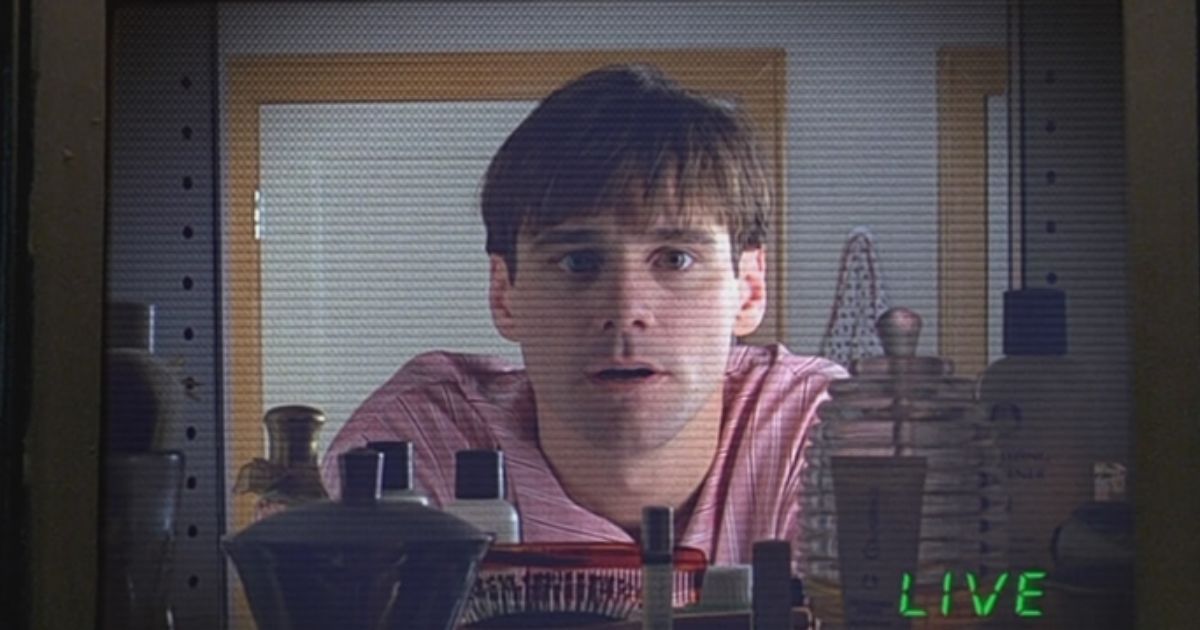
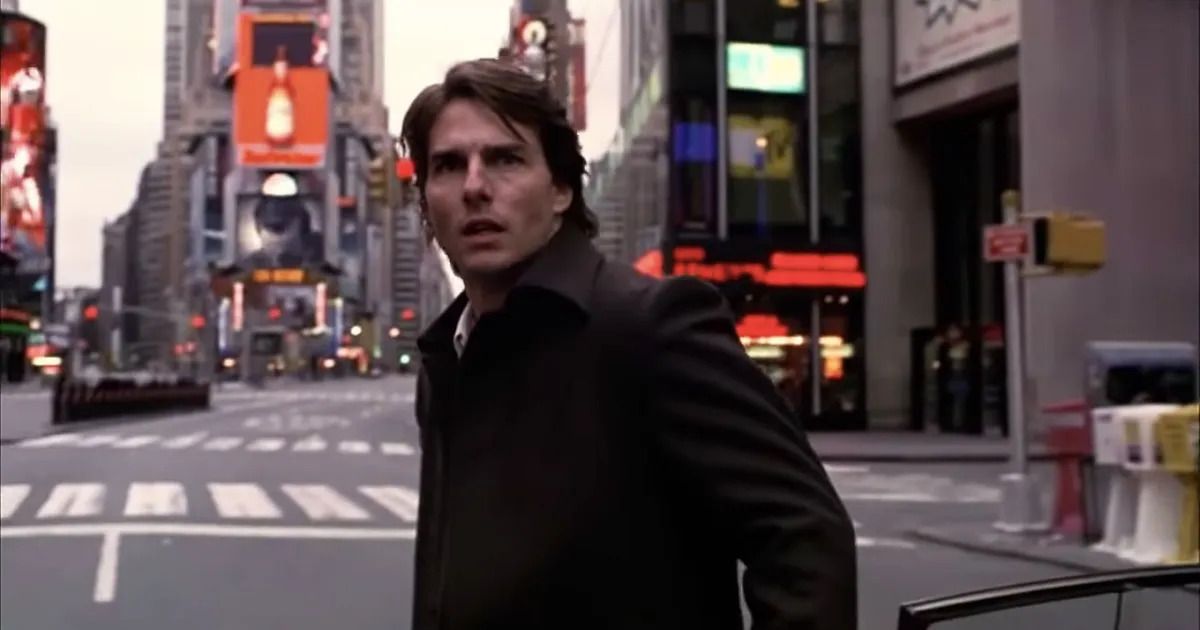
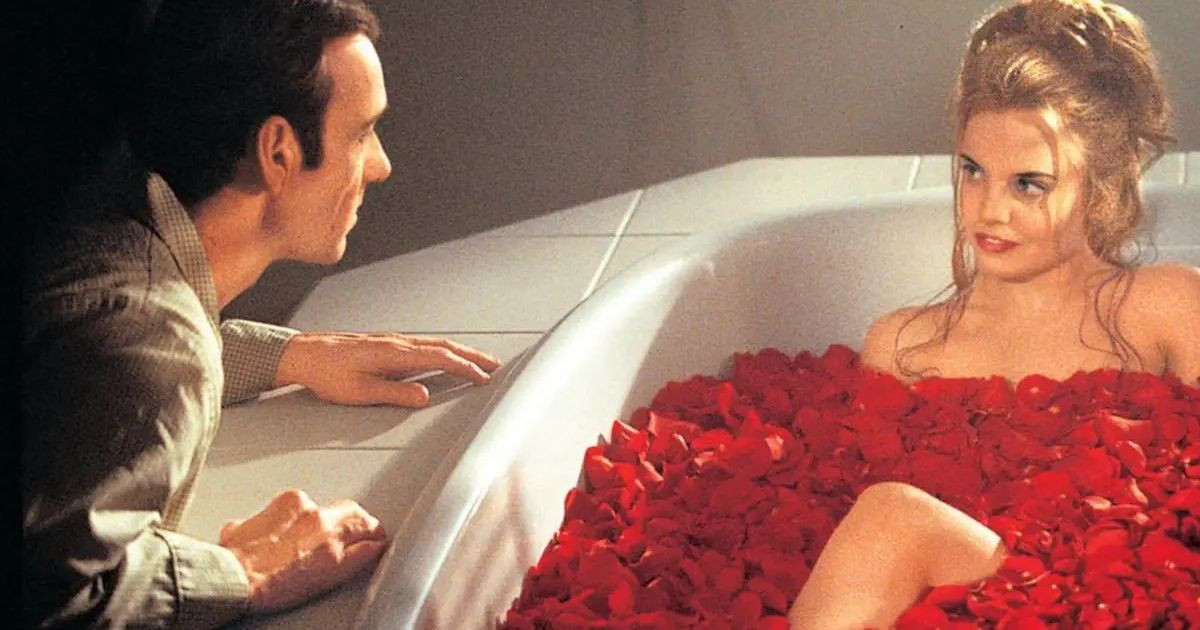
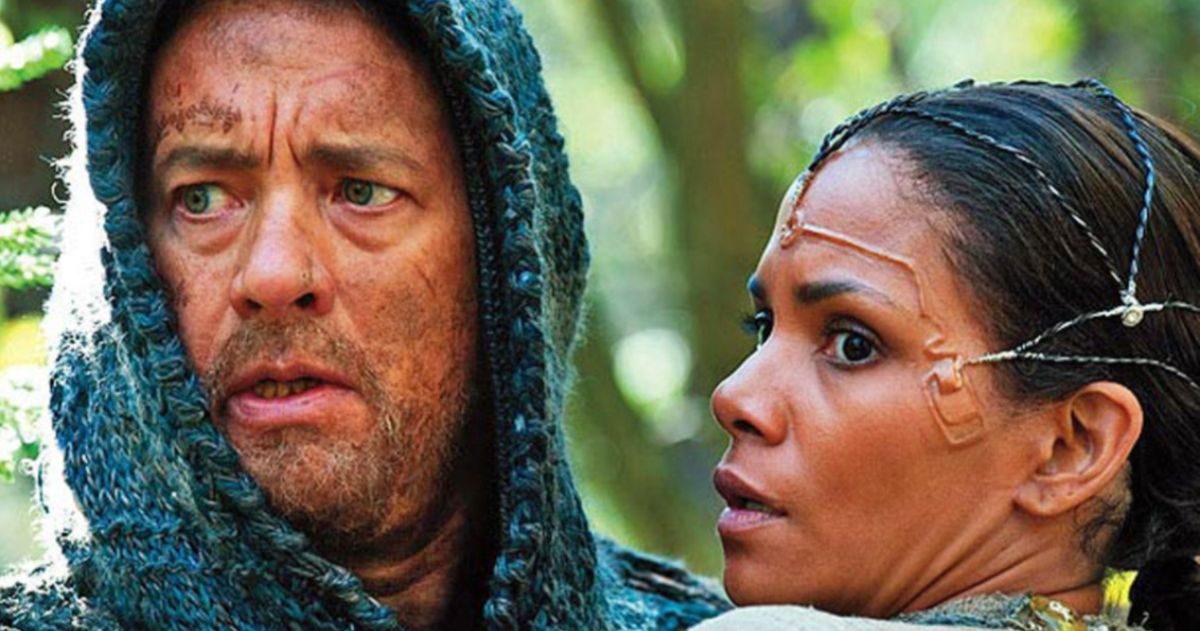
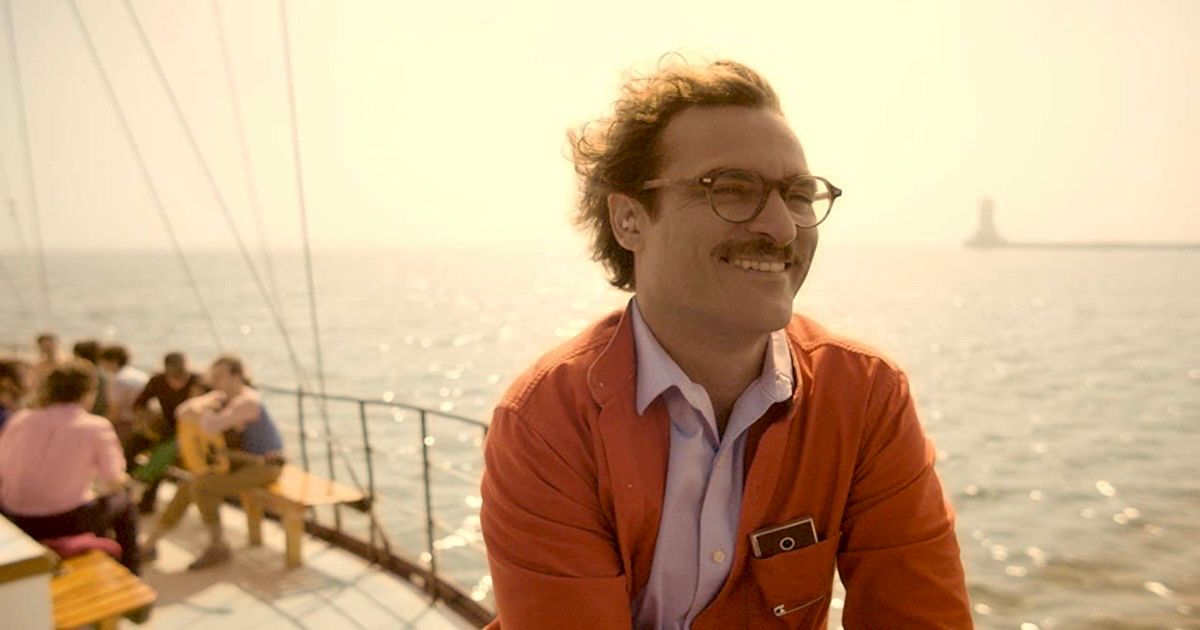
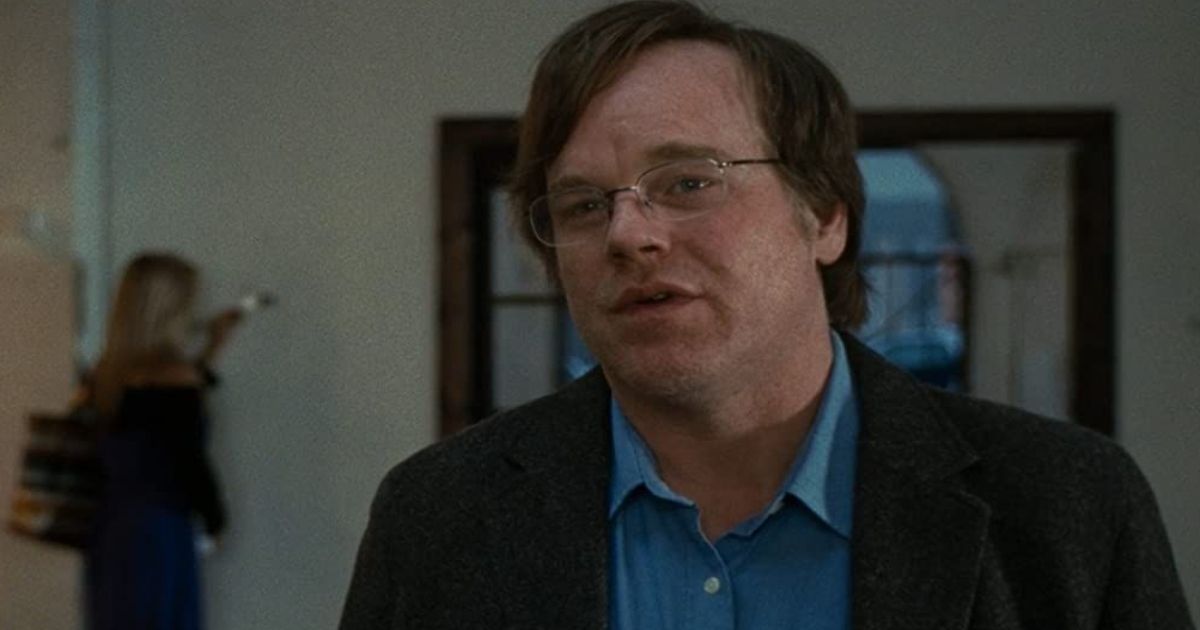
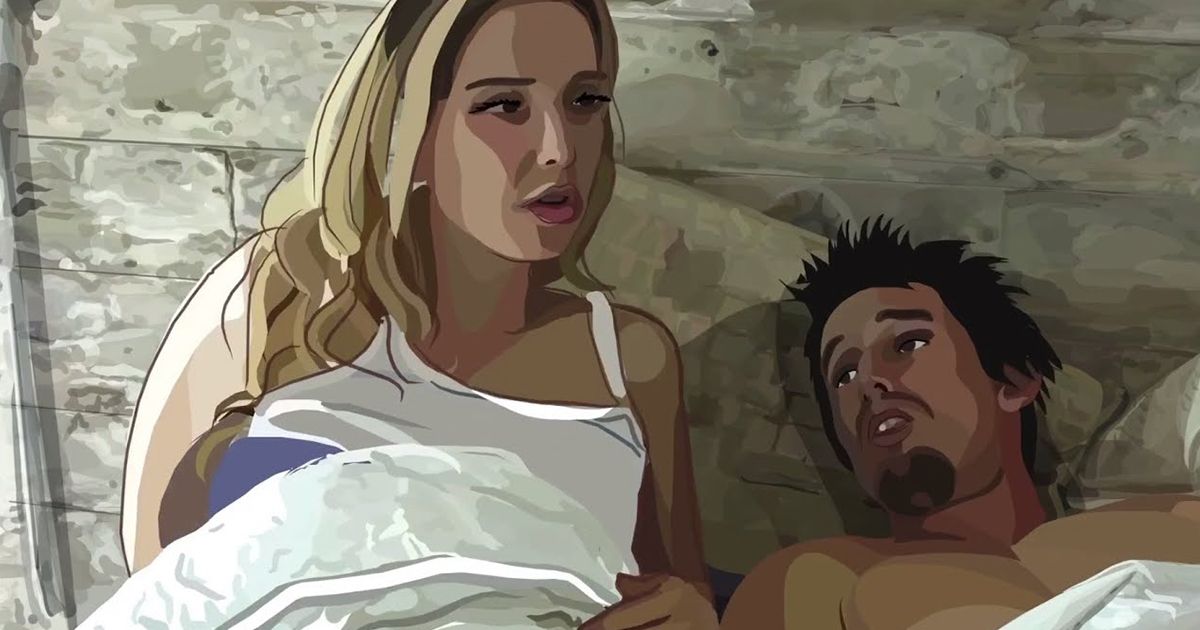
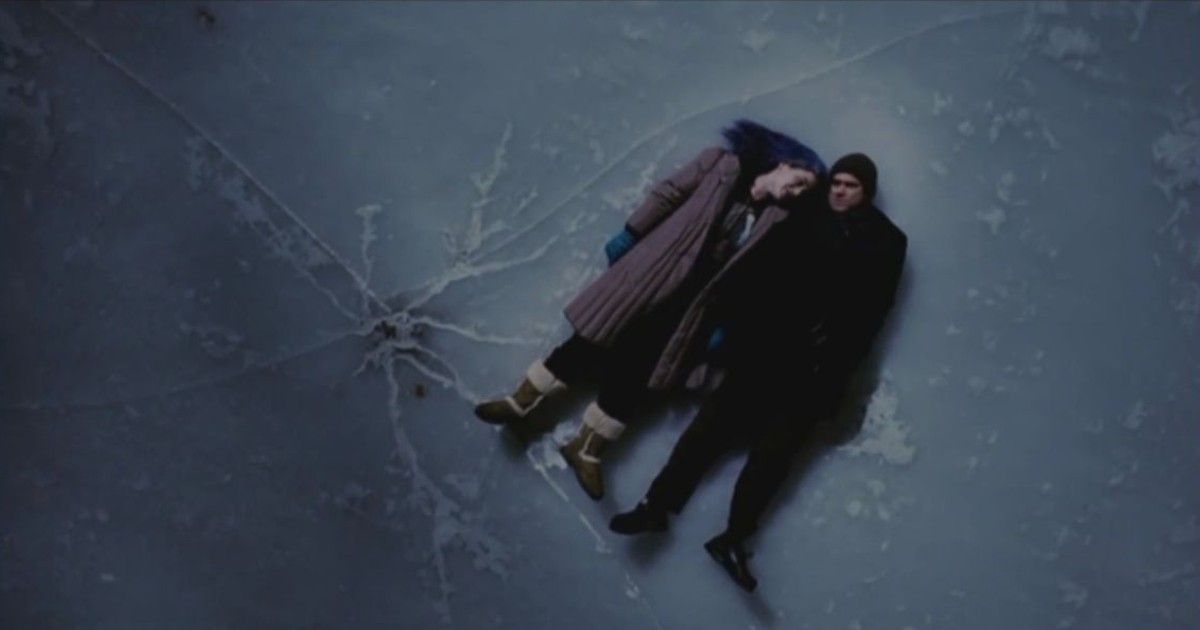

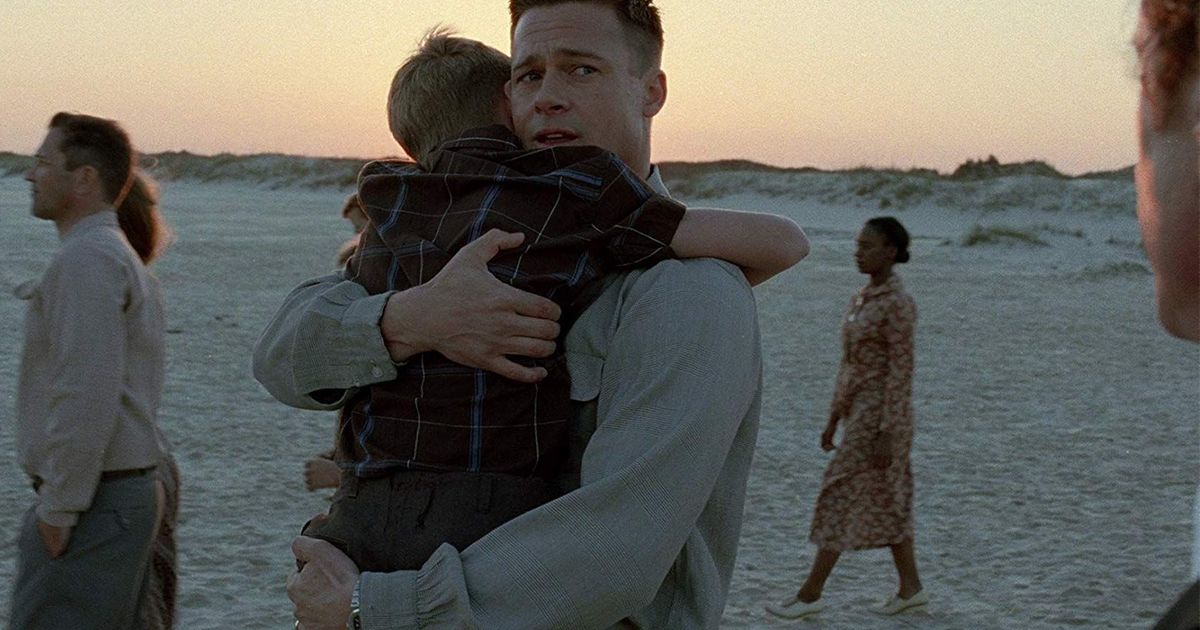
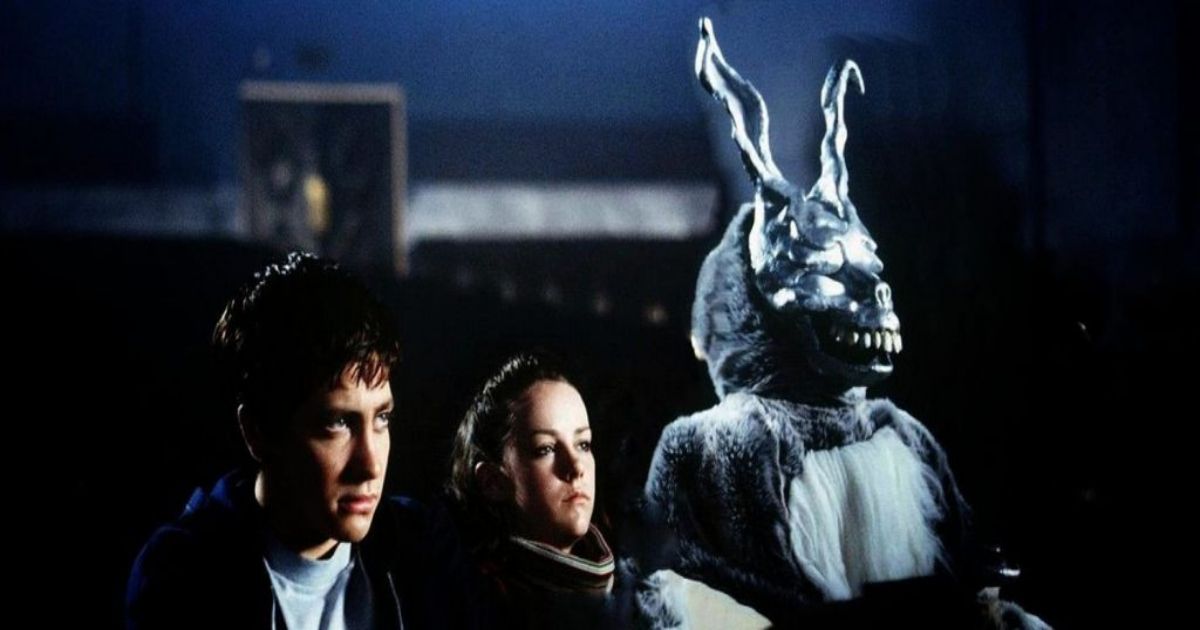
Comments
Post a Comment